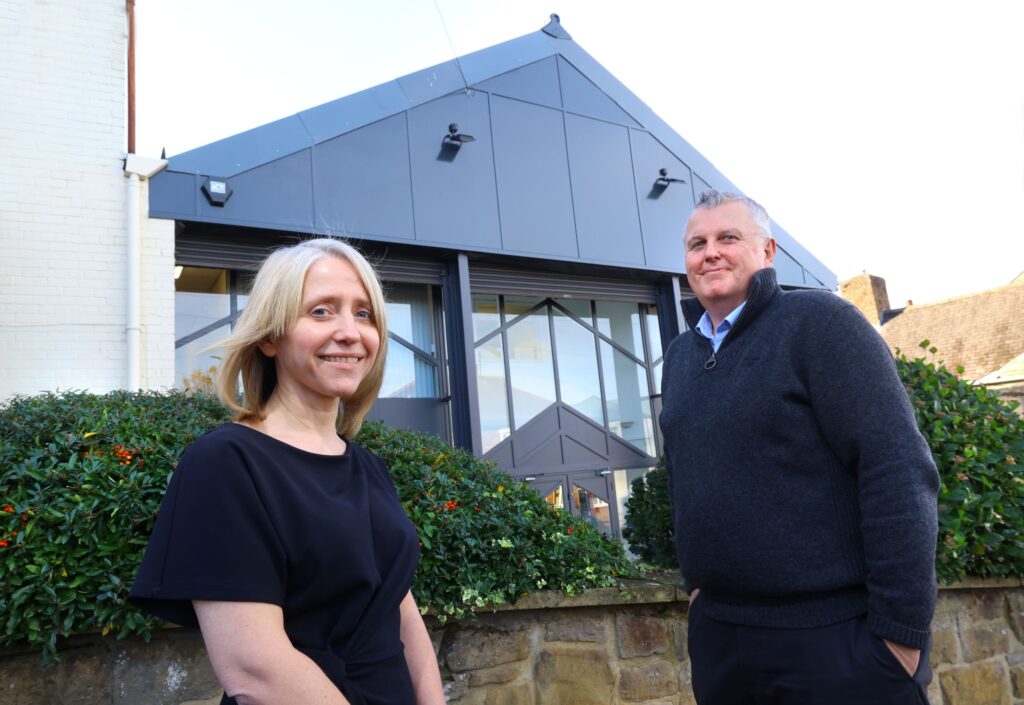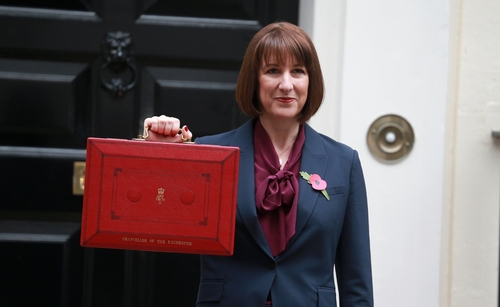Company Voluntary Arrangements (CVA)
Home » Recovery & Insolvency »
A Company Voluntary Arrangement (CVA) is a legally binding agreement with your company’s creditors which allows a proportion of its debts to be paid back over time. Under the Insolvency Act 1986, 75% of the creditors (by value) who voted need to support the proposal for it to pass.
Once the proposal has been approved, all* unsecured creditors are bound by the arrangement. The company can carry on trading as usual, and the directors remain in control. The CVA is monitored by a supervisor who must be a licensed insolvency practitioner. The arrangement usually lasts for 3-5 years.
A CVA is the best rescue tool for a company that is viable going forward but is burdened by historic debt. The directors, who remain in control, are able to trade out of their current financial problems provided that they have addressed the problems that caused the debts in the first place. At RMT, we have successfully implemented over 500 CVAs to help businesses recover.
This page will help you to discover what a company voluntary arrangement does, understand how it works and how it can help you stop creditor pressure and turnaround your company. It is similar to an Individual Voluntary Arrangement (IVA) but for companies.
If you do not wish to read through all the guides and information on the site, then you can call our support centre on 0800 970 0539 for a no obligation confidential chat. Read on to see the benefits of a Company Voluntary Arrangement, and how it can help you.
*It is possible to exclude creditors from the arrangement by paying them in full but you will need good reason to do so (let us advise on this)
The Advantages of a CVA For Your Company
- Improves cash flow quickly: Immediately stops pressure from HMRC regarding Tax, VAT, and PAYE.
- Legal Protection: Stops the threat of a winding-up petition and other legal actions while the proposal is prepared.
- Cost Reduction: Costs can be rapidly cut as expensive employees can be made redundant.
- Contract Termination: Terminate employment obligations, onerous supply contracts, and property leases with the ability to vacate premises.
- Redundancy Support: Remove employees with no immediate redundancy payments (usually covered by the Government’s Redundancy Payments Service).
- Simplified Debt Management: All money owed is bundled into one monthly payment to the supervisor.
- Director Control: Board and shareholders remain in control; there is no mandatory investigation into director conduct (unlike Administration).
- Debt Write-off: Any unsecured debt remaining at the end of the term is legally written off.
How the CVA Process Works
The process typically takes 3-4 months to implement from start to finish. Once we are instructed, we handle all creditors on your behalf, effectively freezing payments until a deal is done.
- Proposal Drafting: We prepare a Statement of Affairs and detailed financial forecasts.
- Court Filing: The proposal is filed at the Insolvency and Companies Court and assigned a Court Originating Application number.
- The Review Period: Creditors are given a 17-28 day window to review and vote on the proposal.
- Approval: Once 75% support is reached, the deal becomes legally binding on all unsecured creditors.
CVA vs. Administration:
| Feature | Company Voluntary Arrangement (CVA) | Administration |
|---|---|---|
| Control | Directors stay in control of day-to-day trading. | The Administrator (IP) takes control; director powers cease. |
| Conduct Report | No investigation into the directors’ past conduct. | Mandatory report on director conduct filed by the IP. |
| Costs | Lower; fees are usually paid over time from cash flow. | Higher; involves heavy legal and court-related costs. |
How much does a CVA cost?
The exact cost of a company voluntary agreement depends on the complexity of the case, including the total number of creditors, the number of employees, and the level of negotiation needed with stakeholders like banks or HMRC. It helps significantly if the company has good financial information and acts early to avoid compressed legal timetables.
Transparent Pricing: We provide a written quote for all required fees before we commence work. This is provided in our unique Strategy Report, which we prepare free of charge once we have reviewed your company’s details.
How do we pay if we are in financial difficulty? Simply, once we are instructed, we handle the creditors and you can effectively freeze payments to them until the deal is done. You then pay fees weekly or monthly over a longer period to aid your cash flow.
Summary
A CVA is essentially a deal between the company and its creditors. Once approved, this deal becomes legally binding on all unsecured creditors for past debts, stopping them from taking action. This allows a viable but struggling company to repay some, or all, of its historic debts out of future profits over an agreed period.
To discuss a CVA for your company, please call our support centre on 0800 970 0539 for a no-obligation confidential chat.
In this section
- Accountants Guide To Members Voluntary Liquidation (MVL)
- Compulsory Winding Up (CWU)
- Creditor Report Portal
- Creditors Voluntary Liquidation (CVL)
- Time To Pay Arrangement With HMRC
- Informal Insolvency Advice
- Advice to Directors
- Rescue & Restructuring
- What Does Compulsory Strike Off Mean For A Company?
- Corporate Insolvency
- Advice to Secured Lenders
- Company Voluntary Arrangements (CVA)
- Personal Debt Services & Solutions
- Individual Voluntary Arrangements
- Bankruptcy Services
- Recovery and Insolvency Testimonials





